Search
Remove Ads
Advertisement
Search Results
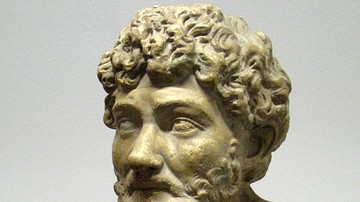
Article
Aesop's Fables
Written by a former Greek slave, in the late to mid-6th century BCE, Aesop's Fables are the world's best known collection of morality tales. The fables, numbering 725, were originally told from person-to-person as much for entertainment purposes...
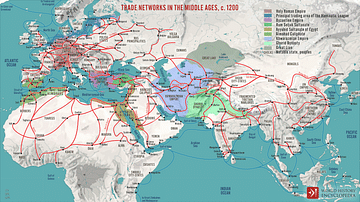
Article
Global Trade in the 13th Century
In the 13th century, astonishing quantities of spices and silk passed from the Far East to Europe. Exact amounts are not known, but spice popularity in both cuisine and medicine reached its historical peak during the Middle Ages in Europe...
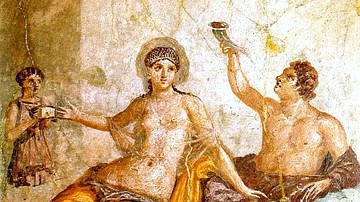
Article
The Eastern Trade Network of Ancient Rome
The life of wealthy Romans was filled with exotic luxuries such as cinnamon, myrrh, pepper, or silk acquired through long-distance international trade. Goods from the Far East arrived in Rome through two corridors – the Red Sea and the Persian...
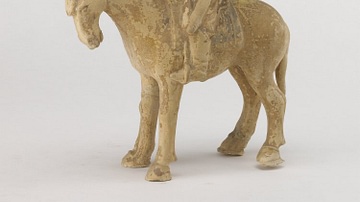
Article
Archers in Ancient Chinese Warfare
The bow was the most common weapon in ancient Chinese warfare and the skill of using it was the most esteemed martial art for millennia. Archers were used as infantry, chariot riders, and cavalry over the centuries, and while the weapon's...
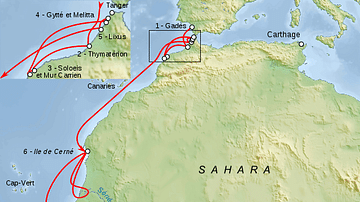
Article
Hanno: Carthaginian Explorer
In the 5th century BCE, the Carthaginian explorer Hanno sailed beyond the Pillars of Hercules, out of the Mediterranean and into hitherto unknown territory down the Atlantic coast of Africa. In his search to find new resources and trading...
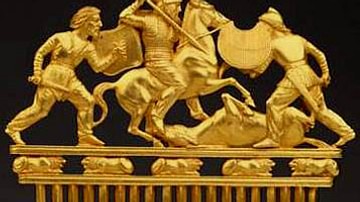
Article
Parthian-Scythian Relations
While little is written about Parthian-Scythian relations, not only did the Parthians share origins with the Scythians and cooperated militarily but social, cultural, and commercial interactions were likely as well. Essentially leading a...
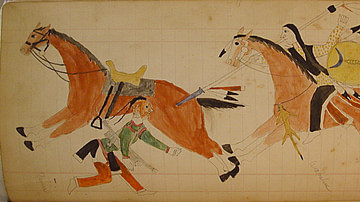
Article
Falling Star
Falling Star is a Cheyenne tale of the great hero Hotoketana'ohtse ("Falling Star") who came from the heavens to stand up for those who could not defend themselves, slay monsters, and save the people from starvation. The hero-from-heaven...
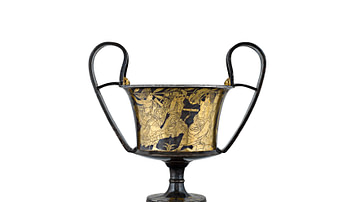
Article
Foreign Influences & Imported Luxuries in Thrace
Defining Thracian art is a difficult task due to the fact that what we call today Thrace was never a single unified state but, rather, a collection of many independent communities (or tribes) who formed both alliances and rivalries with each...
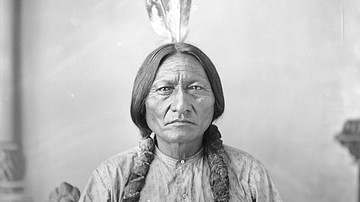
Article
Charles A. Eastman on Sitting Bull
In his Indian Heroes and Great Chieftains (1916), Sioux author and physician Charles A. Eastman (also known as Ohiyesa, l. 1858-1939), includes a brief biography of the Sioux chief Sitting Bull (l. c. 1837-1890). While some of Eastman's claims...

Definition
British Industrial Revolution
The British Industrial Revolution (1760-1840) brought innovative mechanisation and deep social change. The process saw the invention of steam-powered machines, which were used in factories in ever-growing urban centres. Agriculture remained...